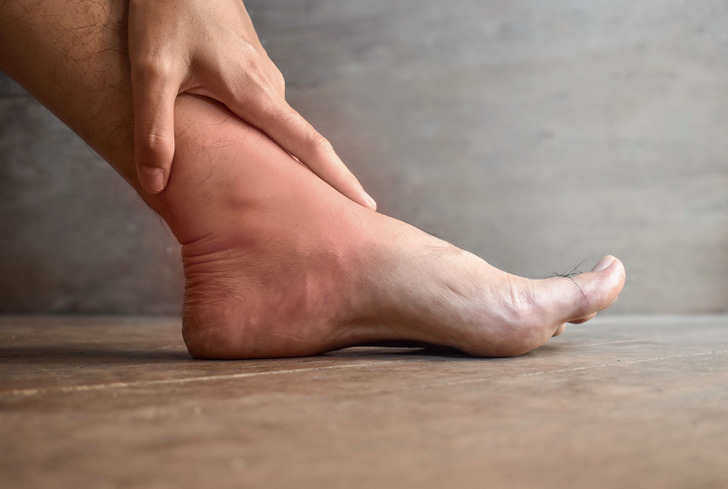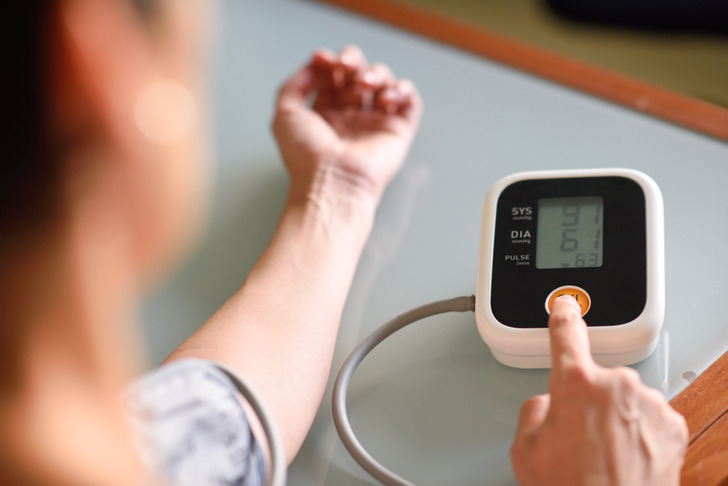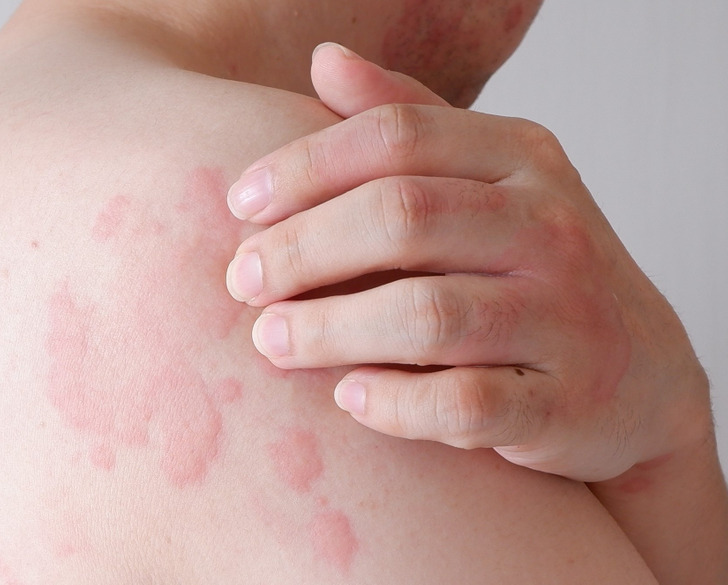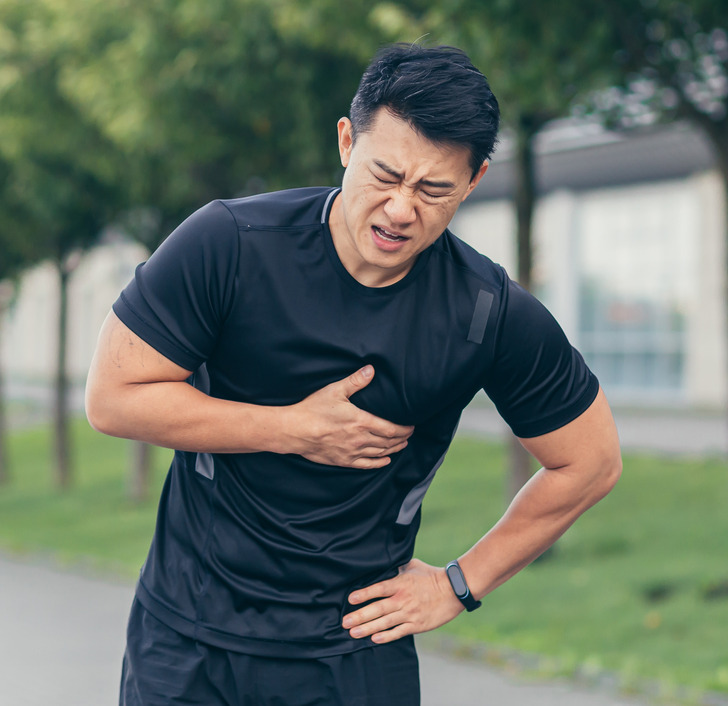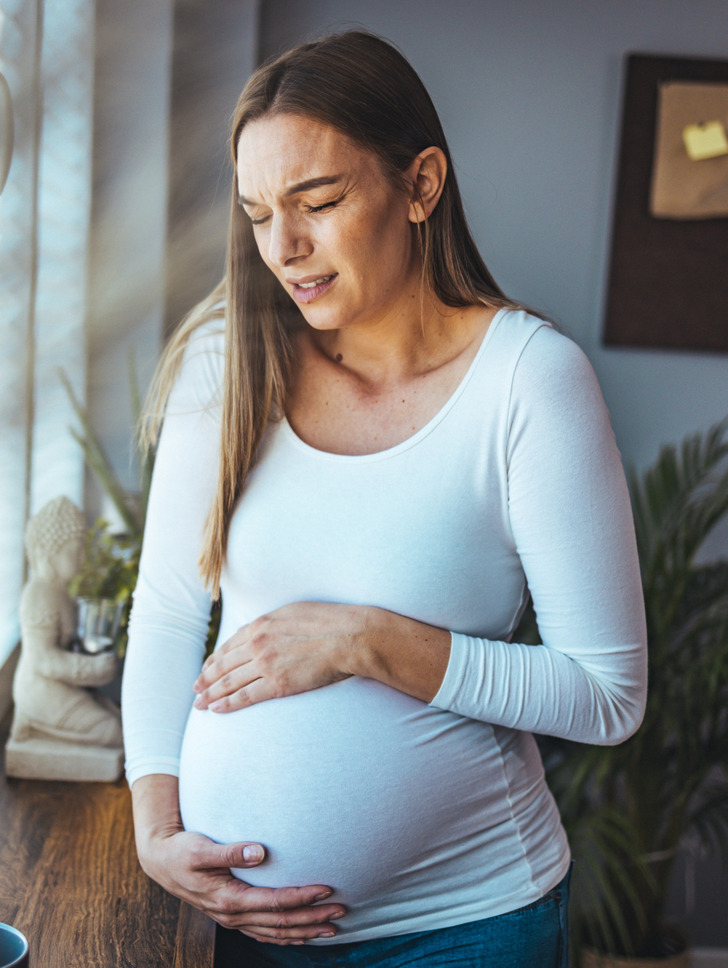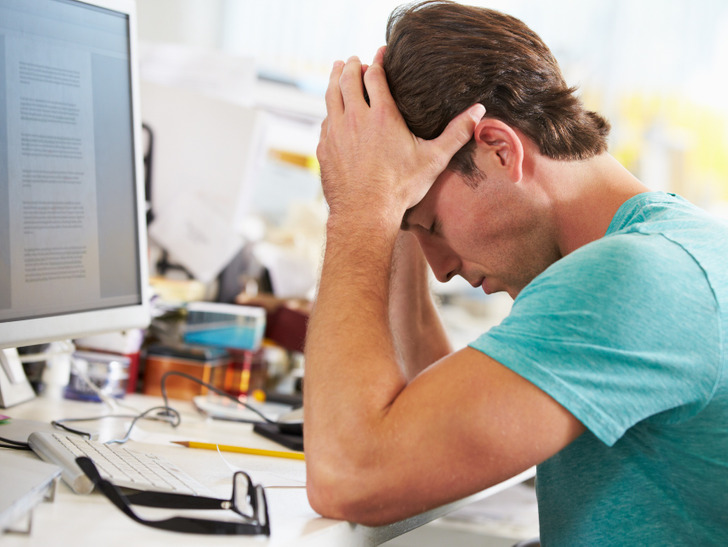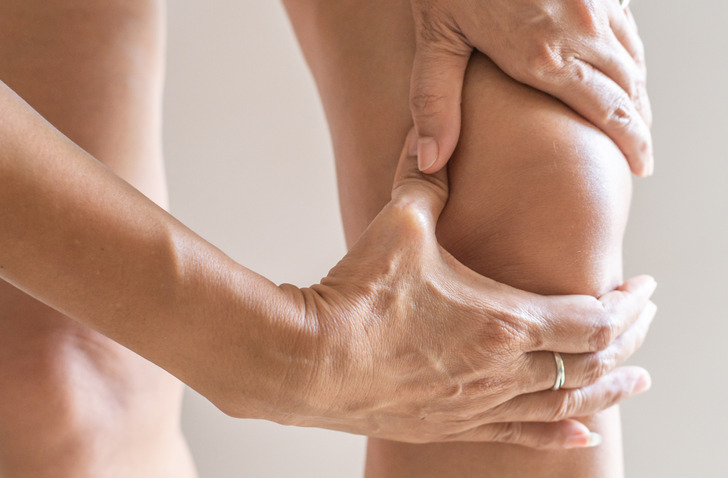11 Things Extreme Heat Does to Your Body, And How to Avoid the Consequences Caused by It
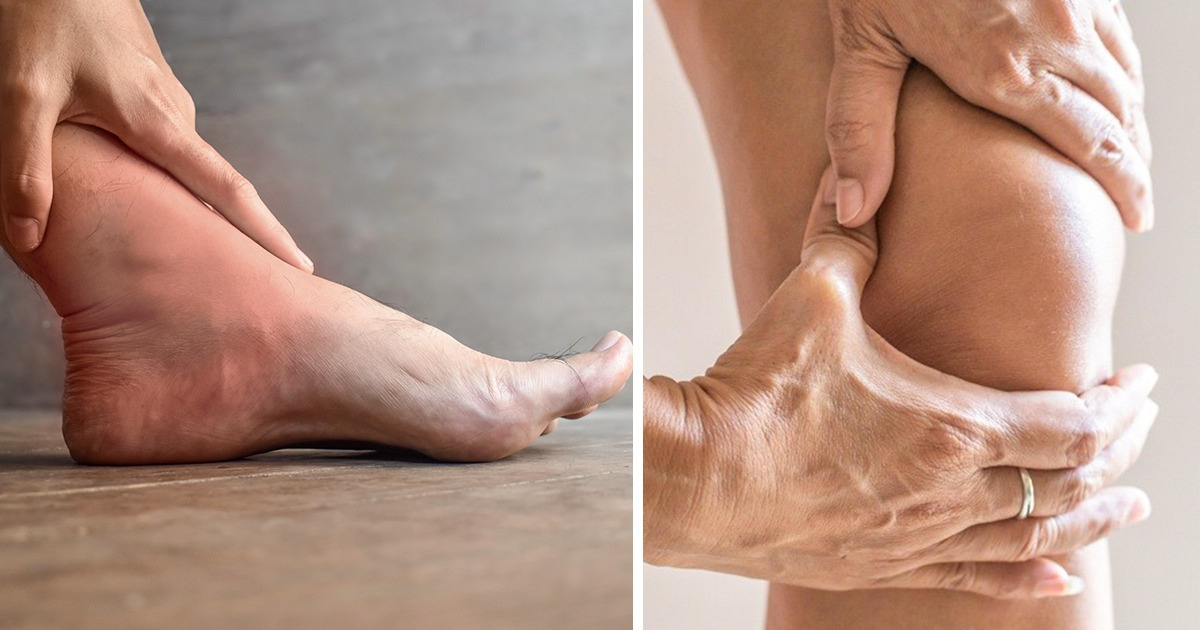
The world’s climate is changing. According to an ongoing temperature analysis led by scientists at NASA’s Goddard Institute for Space Studies, Earth’s average temperature has increased by 1.1 degrees Celsius (1.9 degrees Fahrenheit) since 1880. Due to global warming, cities are experiencing extremely warm weather. We try to adapt to these changes, but sometimes our bodies can’t cope with them, and this can lead to harmful health conditions.
At CHEERY, we found out what extreme heat can do to your body, and at the end of the article, you’ll learn how to avoid the consequences caused by it.
Heat edema
Low blood pressure
Heat rash
Sometimes in hot, humid weather, heat rashes appear on the skin. The irritated spots are caused by clogged sweat glands. A heat rash can cause intense itching, but it’s not infectious and it typically goes away quickly.
Heat affects internal organs
Prolonged exposure to heat can affect the functioning of internal organs. When cooling down, the body starts functioning in emergency mode, which can lead to serious stress on the heart and kidneys. If a person already has health problems, heat can exacerbate them and there is a risk of organ failure.
Heat headache
The risk of premature birth
Researchers from the Kolling Institute have found that pregnant women are also at risk on hot days. According to their findings, the risk of spontaneous premature birth increases by 12% on days where it was hotter than 91°F compared to days where the temperature wasn’t higher than 68°F. These conclusions were based on a 10-year study of more than 918,000 births, including 29,398 premature births in New South Wales.
Heat stress
Loss of concentration and ability to perform mental tasks, reduced productivity, and inability to think clearly: many people experience these symptoms when exposed to high temperatures. And this refers not only to office workers but also to high school students. A 2018 study found that exam performance worsened by 14% on hot days.
Heat cramps
Heat cramps are caused by the lack of water in the body. When it’s hot, moisture comes out with sweat, and the body starts losing electrolytes, meaning salts. If the amount of water necessary for the body is not replenished, heat cramps occur. Acute or moderate pain is caused by prolonged sweating and salt imbalance.
Mental health gets worse
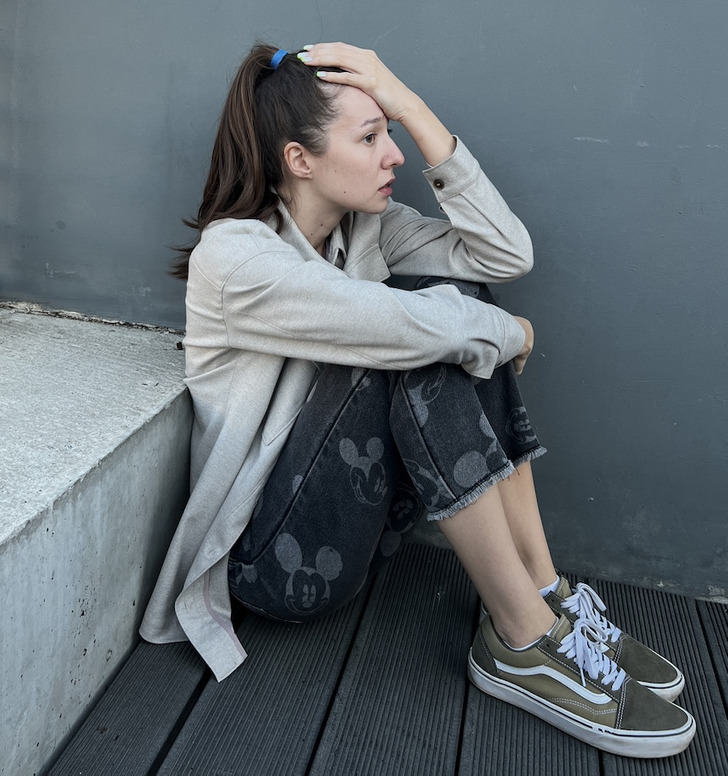
Extreme heat affects not only our physical health but also our mental health. If a person already has mental problems, they may feel even more uncomfortable and irritated on hot days. During this period, symptoms of depression and stress may intensify.
Increased aggression
Exposure to high temperatures makes people more aggressive. For this reason, the crime rate increases in hot weather. This conclusion was made by scientists from the United States. This happens because of the complex interaction of psychological, social, and biological factors.
Heat affects the menstrual cycle
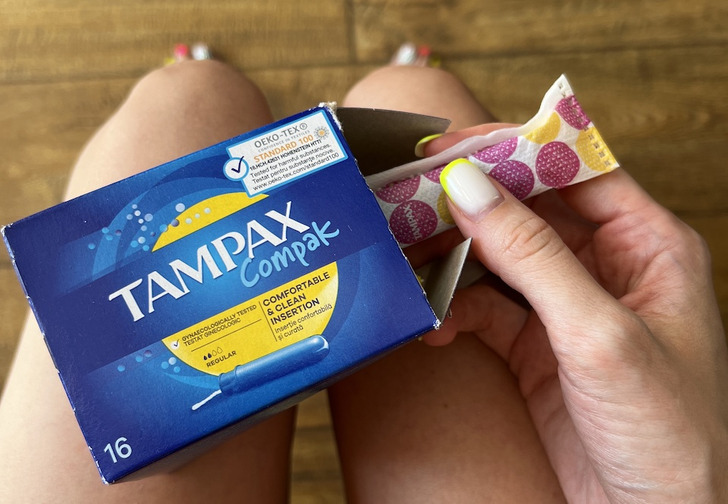
Long exposure to heat can affect the menstrual cycle and this can lead, for example, to changes in the length of the period. This way, our body adapts to new environments.
How to help our body during the heat
- Avoid dehydration: drink only water to quench your thirst.
- Do physical exercise only in the morning when the heat is not so strong.
- Wear clothes made of lightweight and natural fabrics, preferably cotton and linen, because they allow the skin to breathe.
- Eat spicy food and have hot drinks. They will make you sweat more which will help you cool down better than ice cream.
- Leave pillowcases and sheets in the fridge for a day to keep the fabric cool when you go to bed.
How do you cope with the heat? Do you have any tricks of your own? Tell us in the comments below.
